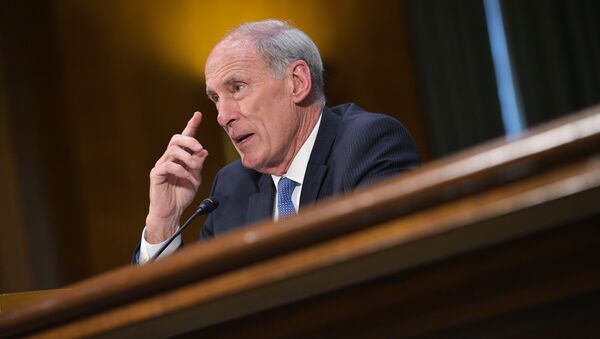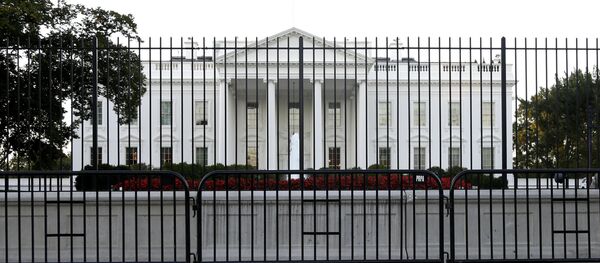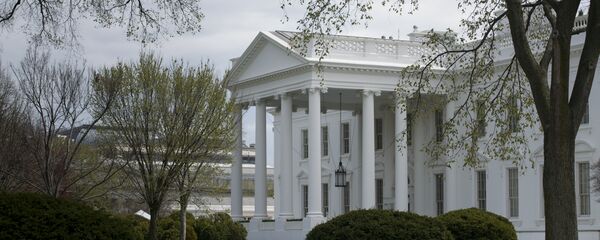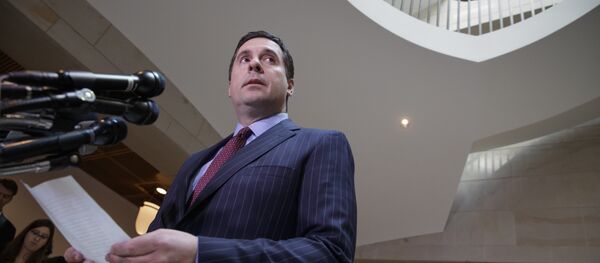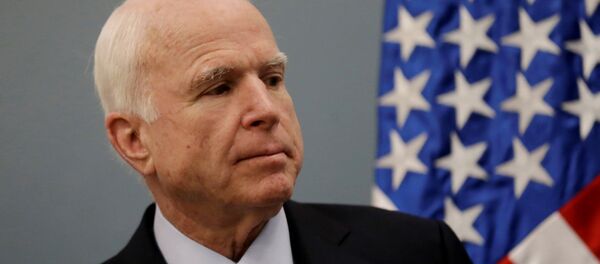The policy will reinforce the existing procedures that "make clear that [intelligence community] elements may not engage in political activity, including dissemination of U.S. person identities to the White House, for the purpose of affecting the political process of the United States," as Coats wrote in a letter to Rep. Devin Nunes (R-CA), the chairman of the House Intelligence Committee.
"In addition, this policy will require heightened levels of approval for requests made during a Presidential transition when those requests relate to known members of a President-elect's transition team."
Coats sent a letter to Nunes on November 30 claiming that the new unmasking policy would be released by January 15. Under the new system, officials would have to tell the leaders of both the House and Senate intelligence committees that they requested the unmasking of a member of the president-elect's transition team in the two-month interval between the election and the inauguration. The top legal official with the relevant intelligence agency would also be informed.
US intelligence agencies are formally banned from listening in on the conversations of American citizens without a warrant. However, information can be incidentally collected while monitoring non-Americans — in which case the identity of the exposed American is masked by the agency. These same Americans can be "unmasked" by Congress if it's believed that their identity will help understand the value of the intelligence.
But according to William Binney, a famous whistleblower who spent 30 years with the National Security Agency (NSA) before leaving the agency for what he has described as a "totalitarian" approach to surveillance "better than anything that the KGB, the Stasi, or the Gestapo and SS ever had," things are not so simple.
Speaking to Brian Becker on Radio Sputnik's Loud & Clear, Binney said that only the NSA is at all limited by these masking measures, as they are the ones who collect the intelligence — without a warrant. Other agencies such as the FBI are free to access the data in the database, including the names of American citizens who were incidentally surveilled.
The new DNI policy follows claims from US President Donald Trump and some of his supporters, including Nunes, that the administration of his predecessor Barack Obama spied on him and his associates during the transition. Trump at one point claimed that Obama had Trump Tower in New York City bugged.
In September, the Department of Justice filed a brief claiming that they had no evidence to support any such claims. But not everyone is convinced.
Speaking to the Daily Beast, Nunes spoke of the possibility that lawmakers unmasked Trump campaign officials such as Michael Flynn during the campaign. "We can't confirm these stories are true, but if the press reports are true, then clearly people were unmasked out of intelligence products, and leaked out to the media. Which is what? A crime. It's a crime to do that. So we're trying to get to the bottom of these crimes, if in fact they were committed."
The need to unmask Americans whose names are important to foreign intelligence is a crucial power of Congress, Nunes said. "However, what clearly has happened here — at a minimum — I don't know if it's illegal, but it's clearly an abuse of power, that senior Obama administration officials would unmask someone."
Coats wrote that the purpose of these new policies is to remove partisan politics from unmasking requests. Christopher Swift, a professor of law at Georgetown University, told Reuters via emails that the new policy would streamline and systematize the unmasking process.
"But these same procedures might also be used to identify pending national security investigations and insert the White House into these decisions," he wrote.
Reuters also acquired and published a draft from the president's desk that would enact similar reforms to the unmasking policy as the ones Coats has proposed. However, the order is undated and it's unclear if Trump will ever sign it.

